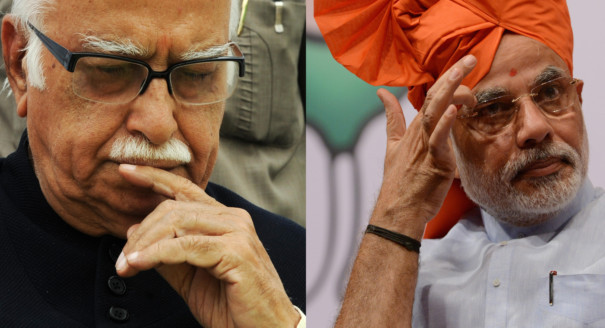Registration
You will receive an email confirming your registration.
Earlier this month, India’s opposition Bharatiya Janata Party (BJP) announced that Narendra Modi would be its prime ministerial candidate in the 2014 national elections. During his time as chief minister of Gujarat, Modi has focused many of his policies on development, with a special emphasis on the urban middle class. This emphasis, however, is often seen as being to the detriment of the peasantry and, more specifically, Dalits and Tribals. Modi’s orientation found its electoral translation in an unprecedented urban-rural polarization during Gujarat’s 2012 state elections. The increasing polarization between the rural and urban electorates may be one of the main challenges that Modi faces in his quest to become India’s next prime minister.
Christophe Jaffrelot discussed Modi’s potential leap from a regional to a national figure. Sadanand Dhume discussed, and Carnegie’s Milan Vaishnav moderated.
Sadanand Dhume
Sadanand Dhume is a resident fellow at the American Enterprise Institute. He writes about South Asian political economy, foreign policy, business, and society, with a focus on India and Pakistan. He is also a South Asia columnist for Wall Street Journal. He has worked as a foreign correspondent for Far Eastern Economic Review in India and Indonesia and was a Bernard Schwartz Fellow at the Asia Society in Washington, DC.
Christophe Jaffrelot
Christophe Jaffrelot is a nonresident scholar in the South Asia Program at the Carnegie Endowment for International Peace, a senior research fellow at the Center for International Studies and Research (CERI) at Sciences Po in Paris, and a Princeton Global Scholar. His core research focuses on theories of nationalism and democracy, mobilization of the lower castes and untouchables in India, the Hindu nationalist movement, and ethnic conflicts in Pakistan.
Milan Vaishnav
Milan Vaishnav is an associate in the South Asia Program at the Carnegie Endowment. His primary research focus is the political economy of India, examining issues such as corruption and governance, state capacity, distributive politics, and electoral behavior. He also coordinates Carnegie’s India Decides 2014 initiative.
